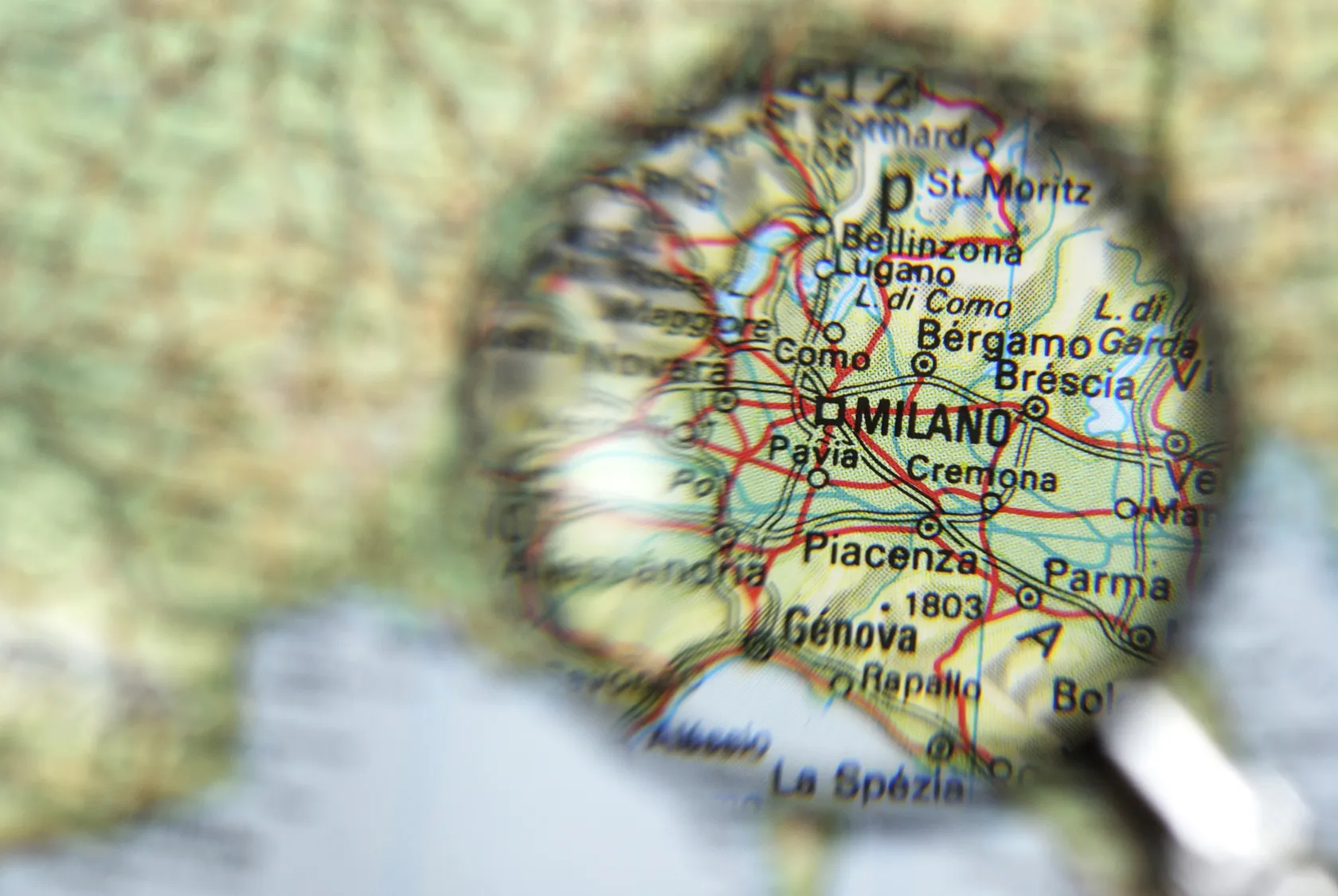
Students' Ideas on Resilience Picked Up by the City of Milan
A group of students in a marketing course happens to propose some ideas to improve the resilience of the municipality of Milan in the aftermath of the lockdown, and the City of Milan invites the youngsters to formally present their strategy. This is what happened in the Bocconi class 'Marketing and the citizen-customer' taught by Luca Buccoliero and Elena Bellio.
"As part of the course requirements," says Buccoliero, "we asked the students, divided into ten groups, to conceive and develop strategies that could help an institution like the municipality redesign the Milan brand around new values, in order to reinvent it in the aftermath of a major historical emergency such as the coronavirus." Students were asked to analyze the strategies put in place by 100 Resilient Cities, the global network of city administrations which unites places that have either suffered particular shocks in the past or must face complex social realities. "Our young women and men", continues Buccoliero, "focused on issues of social cohesion, the balance between the city center and the periphery, environmental sustainability and, specifically with regard to the ongoing health emergency, the relative importance of research in the health sector".
Among various teams, the one formed by Alice Pomes, Michele Zocca, Martina Radatti, Vincenzo Verga, Matteo Di Loreto, Benedetta Gentile (of the BSc in Business Administration and Management) and Daniele Garabello (of the BSc in Finance) went beyond the creative stage, and wrote the municipality to propose their work. And the Department of Resilient Cities of the City of Milan responded by inviting the kids to expound their ideas.
"We took inspiration from Los Angeles for the strategies to improve social cohesion, and we focused on possible solutions for post-lockdown Milan," explains Alice Pomes. "In our work, we focused above all on the development of digitization, proposing to shift online most museum visits, as done elsewhere, and to make most operations regarding post offices and public offices feasible online". They also imagined an app that would put together several features: "It would serve for communications (including emergencies), and allow you to get in touch with assistance operators and volunteering projects. And it would also put you in a position to suggest improvements as it is being done in Venice with the Iris app. The basic concept is to put the citizen back into the center of things".
Apparently, the exercise was highly appreciated by city officials, who discussed every detail with marketing students. "An event like the one we are witnessing represents a major junction in the history of a city," concludes Buccoliero. "Building the brand around a trauma that becomes part of the city's historical identity is a bit like what was done in New York City after 9/11.